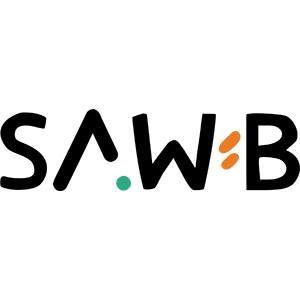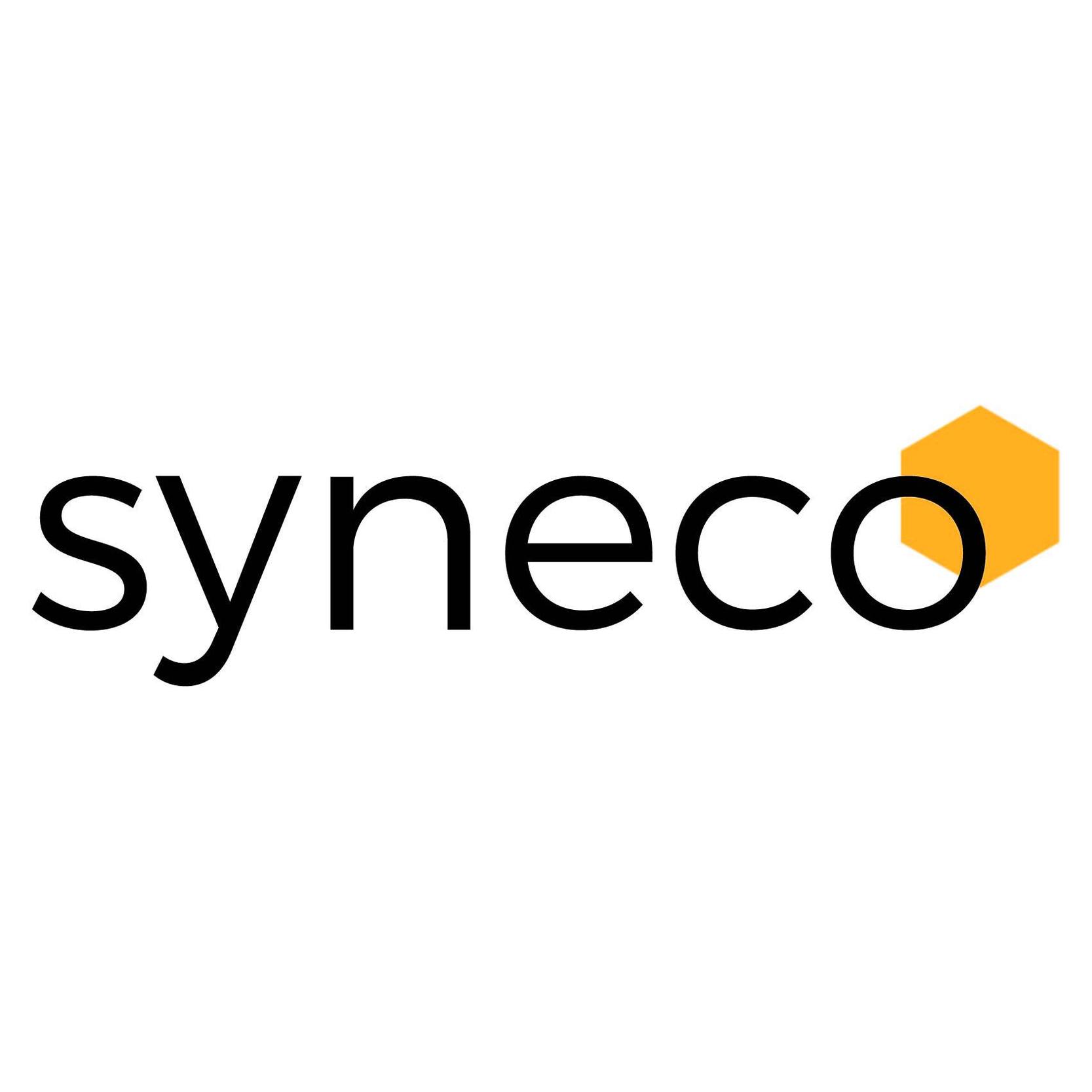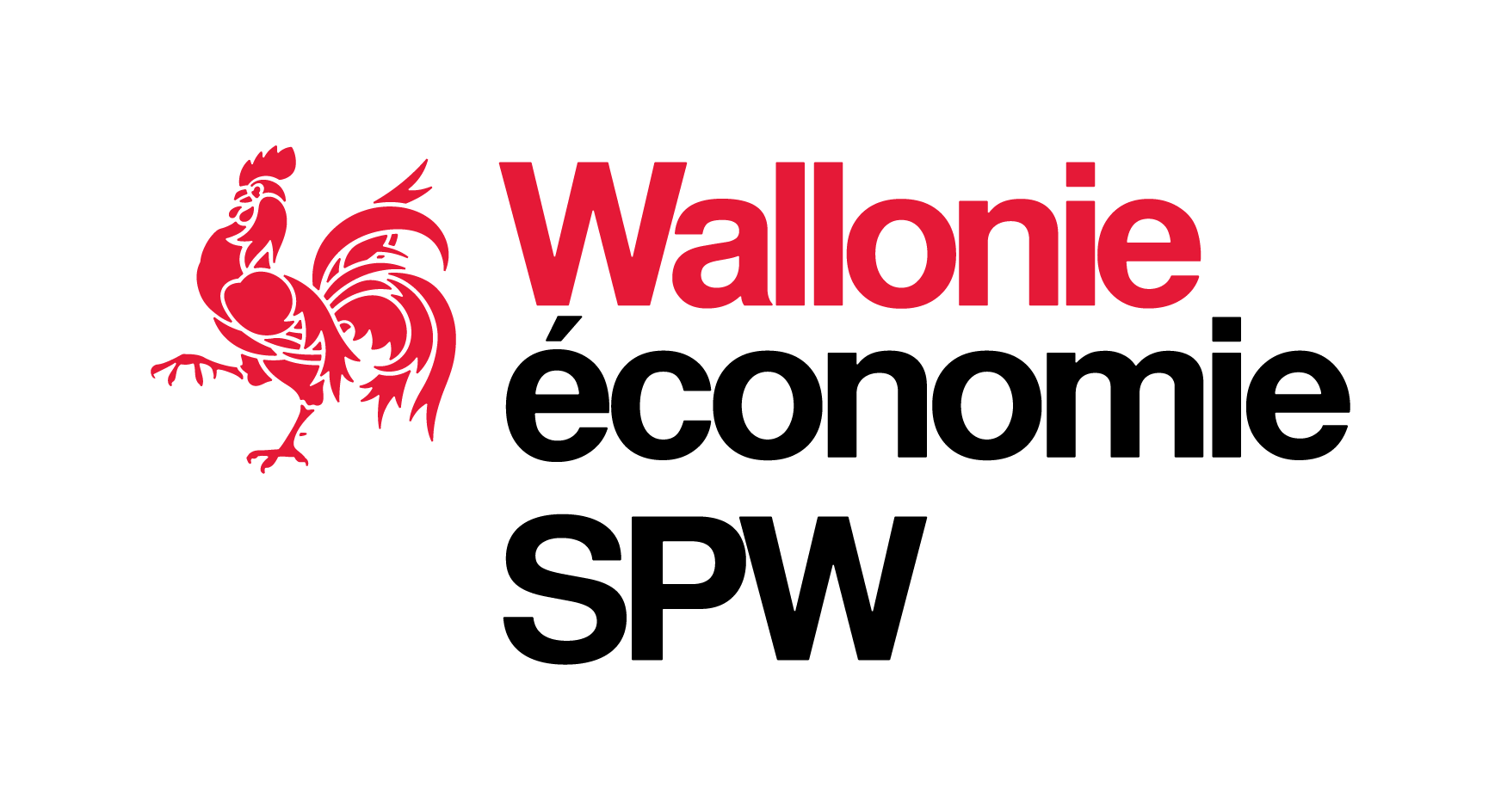Be an accredited social economy consultancy agency
Have you developed expertise in the social economy and would you like to use your skills to help companies in this sector? Would you like to advise and support them at every stage of their projects? You could be eligible for "social economy consultancy agency" recognition and associated grants.

What is a social economy consultancy agency?
Consultancy agencies are structures recognised to advise and support social economy companies in the creation, development and professionalisation of their activities.
They have two types of mission:
- Advice and support
- Advise on and support the creation of social economy enterprises, including the transformation of ASBLs or conventional enterprises into social economy businesses.
- Provide ad hoc expertise or consultation to social economy businesses.
- Help to prepare applications for funding, in particular from W.Alter.
- Work closely with W.Alter to follow up on the files it has helped to develop.
- Promotion and guidance
- Direct project leaders towards training structures adapted to their needs.
- Carry out information and promotional actions aligned with its missions, including partnerships with traditional economic operators for information and collaboration.
- Advice and support
What does social economy consultancy agency recognition entitle you to?
Recognition as a social economy consultancy agency gives access to a grant consisting of:
- a maximum basic amount of €150,000;
- an additional amount of up to €20,000, broken down as follows:
- €10,000 for ten support packages for the creation and/or growth of social economy and insertion companies (insertion companies, employment development initiatives in the local informal care sector (IDESS) and reuse enterprises (resale stores));
- €10,000 for ten post-creation or post-takeover coaching sessions, to continue the coaching and help the company to scale up.
The grant is intended to cover personnel and operating costs directly linked to the project.
How long is the recognition valid for?
Insertion company recognition is valid for six years and is renewable.
Who is it for? How? Read about the details
Toutes les démarchesWho can benefit from the services of a social economy consultancy agency?
Non-profit organisations, companies and cooperatives with a social purpose, foundations, mutual societies or project leaders wishing to develop a social economy business, i.e. producing goods and services whose primary purpose is to meet the needs of society rather than aiming for profit. Profits are reinvested back into developing your business to increase your social impact, rather than paying shareholders. Democracy and participatory dynamics are important principles for you.
Which consultancy agencies are approved in Wallonia?
There are currently 7 approved consultancy agencies in Wallonia:

Crédal conseil
Einstein Business Center
Rue du Bosquet 15a
1435 Mont-Saint-Guibert
accompagnement@credal.be
+32 10 48 35 90 FEBECOOP
FEBECOOP
Clos Chanmurly 13
4000 Liège
fwb@febecoop.be
+32 4 229 22 81 Propage-s
Propage-s
Rue de Namur 47
5000 Beez
info@propage-s.be
+32 81 26 51 41
SAW-B
Rue de Monceau-Fontaine 42/6
6031 Monceau-sur-Sambre
info@saw-b.be
+32 71 53 28 30
Step Entreprendre
Rue de Steppes 24
4000 Liège
info@stepentreprendre.be
+32 4 227 58 89
Syneco
Rue des Glaces Nationales 144
5060 Sambreville
info@syneco.be
+32 71 71 25 00
Financité
Rue de l'Académie 53
4000 Liège
info@financite.be
+32 4 277 04 30Inspection: are you compliant ?
Inspections can be carried out at any time in the field. Their aim is to check compliance with current regulations, licensing requirements and the conditions for granting any financial aid provided by the Walloon Region and/or co-financed by European funds. These inspections aim to encourage compliance with the rules and sanction irregularities, fraud and certain forms of operation.
Inspections can be triggered in a number of situations: on the initiative of the authorities, following a complaint or report, or at the request of the Labour Prosecutor the King's Public Prosecutor.
The inspectors in charge of inspections have several powers, including conducting investigations, drawing up Pro Justitia, entering workplaces or, with authorisation, inhabited areas, checking identities, searching for, examining and copying data media, making image-based observations, conducting hearings, and seizing and sealing goods.
They can carry out these inspections unannounced, or announce them in advance. It is therefore important to always be ready to ensure that an inspection can run smoothly.
Legal framework: The work of the Inspection Services is governed by the Decree on Economic, Employment and Research Inspection, and the Decree on Vocational Training and Retraining.
How to prepare for an inspection ?
You can be inspected at any time, whether announced or unannounced. To be ready for an inspection with peace of mind, it is essential that you comply with the legislation governing your business.
The best course of action, even before an inspection is carried out, is to keep the documents proving compliance with the regulations governing your activities (licences, cards, certifications, etc.) close at hand. Inspections are based on tangible evidence, not mere declarations. It is therefore important to provide the inspector with all the documents and information requested, in full transparency.
Collaboration is essential for effective, constructive inspections. Welcome the inspector and provide give them the help they need to accomplish their mission.
What to do after the inspection ?
If the inspection went well, congratulations! Keep up the momentum to maintain your compliance. However, if you have failed to take the necessary steps, or neglected certain legal obligations, you may be subject to sanctions. Inspections may reveal irregularities or infringements, varying in seriousness from minor irregularities due to ignorance of the law to outright fraud.
Depending on the situation, the risks involved are:
- a simple warning, with the obligation to put things right,
- a proposal to withdraw or recover all or part of the subsidy, approval or authorisation,
- a statement of offences, which may result in penal or administrative sanctions.
These sanctions may have consequences for your business. It is therefore important to regularise your situation as soon as possible to avoid facing this problem.
Any questions? Any problems?
Directorate of the Social Economy
"Social economy consultancy agency" Service
Are you looking for other solutions for your project?

Receive personalised advice and quickly find the answers to your questions. Find the help you need on 1890.be.
Discover other solutionsOther state aid

Innovation, training, exports, consultancy... Take a look at all the state aid available to Walloon companies.
To the Midas databaseThe social economy portal

News, training, job offers, directory, support and financing solutions... Browse the essentials of the social economy, whether you're a project leader, entrepreneur or citizen.
Go to site